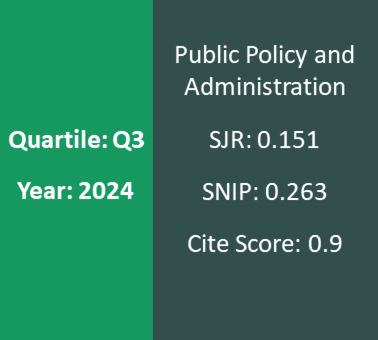Evaluation of the Lithuanian Agricultural Policy Based on the Analysis of Qualitative Structure
DOI:
https://doi.org/10.5755/j01.ppaa.18.1.23128Keywords:
agricultural policy, industrialization, Lithuania, strategy, qualitative structureAbstract
At the beginning of the 21st century, rural policy remains one of the most important areas of public policy; huge financial and human resources are devoted to the implementation of this policy measures. The aim of the article is to provide holistic evaluation of the goals, means and key achievements of Lithuanian agricultural policy and to identify possible areas and ways of improvement. The diversity of agricultural policy measures applied in Lithuania after the restoration of independence in 1990 and achievements of the policy are analysed on the basis of new approach – the theory of qualitative structures. The study explores how policy measures to accelerate the process of industrialization in Lithuanian agriculture after the privatization of kolkhozes and sovkhozes have encouraged and supported private farms to implement extensive growth, intensification, specialization, risk management, collaboration and innovation production strategies, and what results they have achieved.





